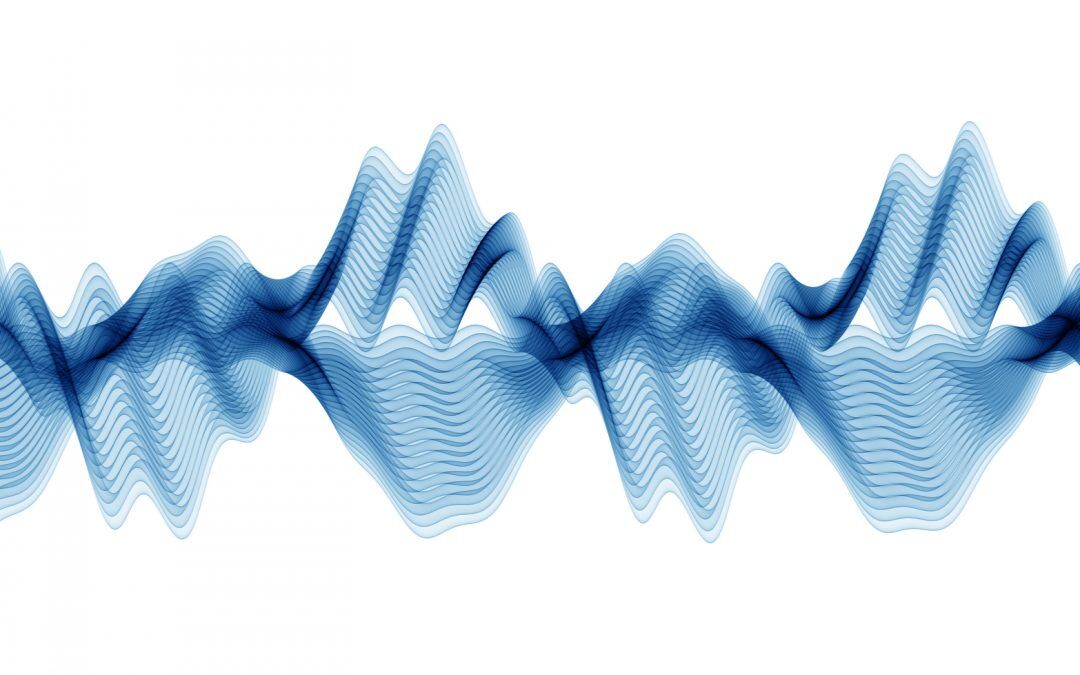Cyclothymic disorder is a type of bipolar disorder defined by long periods of fluctuating mood. Individuals with cyclothymia will experience persistent cycling between feelings of elevated or expansive mood and more depressive “down” states. Untreated, these ups and downs can go on for years. Cyclothymic symptoms are less severe than bipolar symptoms: the “highs” are not as high and the “lows” are not as low. Cyclothymic mood episodes do not meet full criteria for manic episodes, hypomanic episodes, or major depressive episodes. However, the cycling between mood episodes is chronic, pervasive, and clinically significant.
An individual with cyclothymia never goes more than two months without experiencing symptoms, and spends at least half the time feeling either too “up” or too “down.” There are rarely periods of wellness, and when they occur, they are short. And though less acute in nature than bipolar disorder, cyclothymic disorder presents with many of the same symptoms. When in a depressive state, individuals with cyclothymia experience some of the following symptoms:
Depressed mood most of the day, nearly every day
Diminished interest or pleasure in usually pleasurable things
Significant weight loss
Insomnia or hypersomnia
Physical agitation
Fatigue or loss of energy
Feelings of worthlessness or inappropriate guilt
Diminished ability to concentrate
Recurrent thoughts of death or suicide
In an “up” (also called “hypomanic”) state, cyclothymic patients can experience some of the following symptoms:
Inflated self-esteem or grandiosity
Decreased need for sleep
Pressured speech (pressure to keep talking)
Racing thoughts
Distractibility
Increase in goal-oriented activity
Engagement in risky behavior (buying sprees, sexual indiscretions)
Unlike more severe forms of bipolar disorder, cyclothymic disorder rarely results in impairment severe enough to require hospitalization. However, it still leaves the individual in a state of virtually constant emotional instability. Cyclothymic Disorder can be confused with other psychiatric and medical conditions and intoxication by drugs. It is important to have a mental health expert evaluate the patient in order to make an accurate diagnosis.
References
American Psychiatric Association. and American Psychiatric Association. DSM-5 Task Force. (2013). Diagnostic and statistical manual of mental disorders: DSM-5. Washington, D.C., American Psychiatric Association.


Leave A Comment